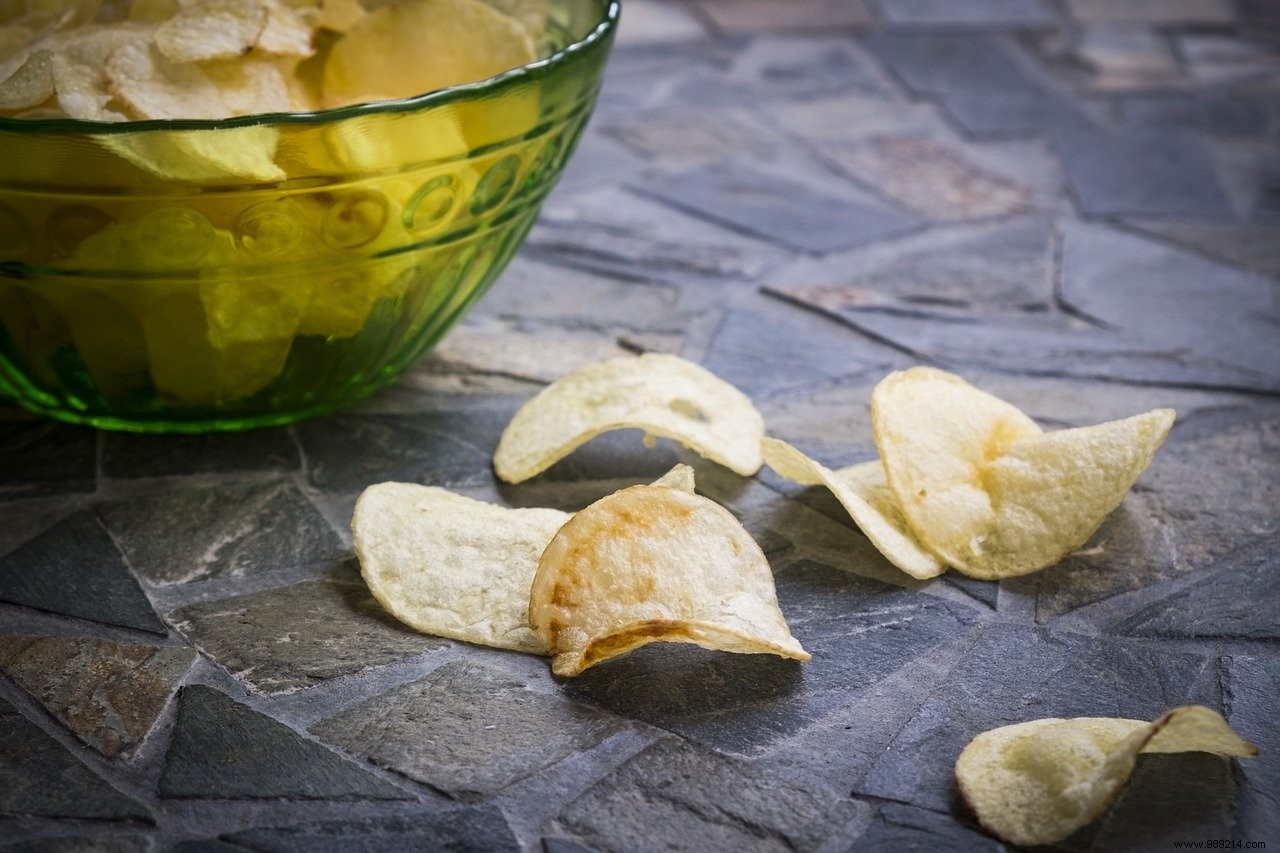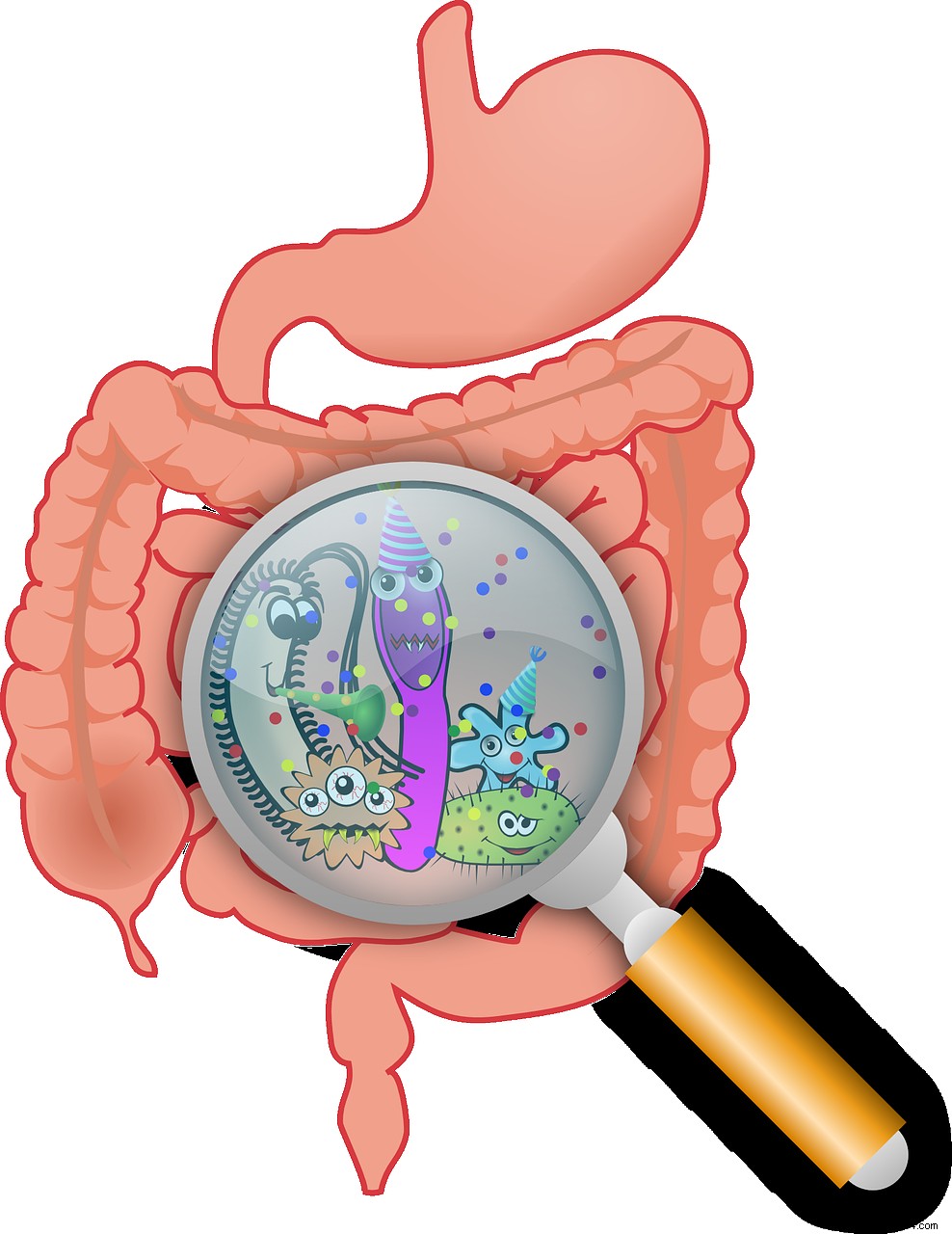A study published in the American Journal of Clinical Nutrition suggests that excessive consumption of ultra-processed foods promotes biological aging.
In recent years, ultra-processed foods have distinguished themselves from simply "processed" foods. In the latter are added only salt, a little sugar, oil or even vinegar. Canned vegetables, sardines and tuna or cheese are examples. Cashew or peanut packets are others.
Ultra-processed foods (UTCs) are products whose manufacture involves several stages and processing techniques. They are mainly developed from substances extracted from whole foods (oils, fats, sugar, starch, proteins) or synthesized in the laboratory, before being created from scratch . Chemicals then give them color, flavor, texture and longer shelf life.
The goal:to create foods and beverages that are inexpensive, easy to consume, attractive and palatable. Soft drinks, sugary snacks and reconstituted meat products are some examples. Frozen prepared meals are another. Overall, these products represent approximately 80% of the current supermarket offer.

All these treatments and chemicals increase the caloric density of these foods while eliminating a maximum of vitamins and nutrients. Naturally, therefore, there is a risk to human health.
A study in mice, for example, has already shown that a diet based on ultra-processed foods influences the microbial composition in a negative way .
In another study, researchers also analyzed fecal samples from hunter-gatherers who did not consume ultra-processed foods. These samples were then compared to those of people living in industrialized countries. It found that hunter-gatherers had a much more diverse gut microbiota.
People who eat excessively ultra-processed foods also tend to have higher levels of C-reactive protein (CRP) in their bodies. This is a blood marker that indicates inflammation of the body . However, we know that higher levels of CRP are associated with various chronic diseases such as cancer, arthritis, cardiovascular disease and diabetes.
It should also be noted that ultra-processed products lack fiber. However, they are an important source of food for our intestinal microbes. Hungry, these bacteria then find it more difficult to replenish the layer of mucus that lines our intestines. This, which acts as a protective barrier against the outside world, deteriorates, ultimately favoring the entry of pathogens .

Finally, to this long list of health problems related to these ultra-processed foods seems to be added yet another pathology. According to a recent study published in the American Journal of Clinical Nutrition , excessive consumption of this food promotes biological aging .
As part of this work, Spanish researchers were indeed interested in the length of telomeres in 886 volunteers over the age of 55. Basically, telomeres are little "caps" at the ends of chromosomes that protect genetic information in cells. They deteriorate naturally. And the more they deteriorate, the older we get . Once destroyed, they ultimately lead to cell death.
For this study, researchers divided participants into four groups based on their consumption of ultra-processed foods:less than two daily servings, two to 2.5 servings, 2 ,5 to 3 servings and more than three servings.
By analyzing samples of their saliva, researchers found that the risk of having short telomeres increased by 29% in the group consuming 2 to 2.5 daily servings of TUE and 40% in the third group (2.5-3 potions). Finally, the risk increased by 82% among the biggest consumers.